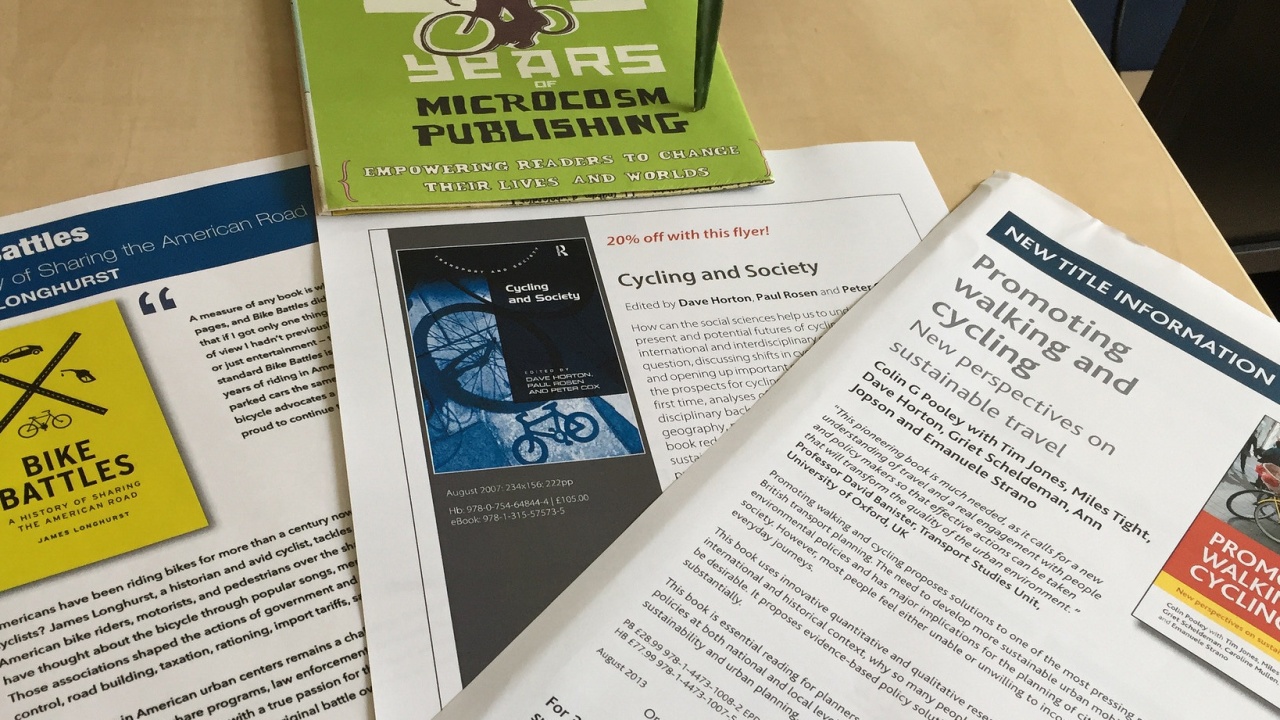This year Cycling and Society Symposium has returned to London for two days of what I consider to be the most exciting conference on cycling. I am saying this not only because I had the opportunity and honor to organize last year’s edition in Lancaster, but also because CSS offers one of the few truly critical perspectives on cycling, what it can and ought to be.
The first day started with a keynote by Rachel Aldred (Westminster University), who offered a much-needed perspective on why social sciences can make a difference in cycling. Her presentation dispelled the myth of a ‘white canvas’ that would make cycling ‘perfect’, while also dismissing the idea of a rational or, on the contrary, irrational cycling subject: ‘There’s objective and subjective safety, but there’s also experienced safety’. Rachel also argued against cycling seen is merely an individual choice. Instead, she says, cycling is equally shaped by its materialities, meanings, and skills.
The first of the panels, on cycling planning, featured primarily research done in London, on a variety of topics and from a variety of presenters. One presentation from TfL (Claudia Peñaranda and Alex Longdon) on the newly inaugurated Strategic Cycle Network for London (pdf) was particularly exciting for its aim to prioritize spatial equity in the city. Similarly, another presentation on cycling in Outer London (Joe Croft, University of Westminster), focusing on the Mini-Hollands project, highlighted the investment gap between different areas in London, whereas Tim Warin (Aalborg University) tackled the topics of Quietways.
The first day ended with a movie projection: the documentary Mama Agatha, with a foreword by Angela van der Kloof (Radboud University, the Netherlands).
A second session was dedicated to Road Safety and Education, with presentations ranging from an analysis of online arguments about cycling safety (Al Baker, University of Leeds), to how the cycling knowledge is acquired in a bicycle bonanza such as the Netherlands, to cycling and HGV drivers training in the UK (Graeme Sherriff, University of Salford). The first day ended with a movie projection: the documentary Mama Agatha, with a foreword by Angela van der Kloof (Radboud University, the Netherlands).
The second day started with a session on Methods which I have chaired and which has explored both more quantitative and more qualitative approaches to the cycling knowledge. Jesse van Hulst (Wanderhulst.com) proposed a cyclo-geography à la Guy Debord, exploring the Irish borderlands by bike in wake of Brexit. Adrien Caillot (University of Bourgogne-Franche-Comté) offered another interesting perspective on the French cycling culture, using mobile methods with real-time discourse. Finally, Gabriele Schliwa (University of Manchester) investigated how an event such as Cycle Hack can help designing urban citizenship.
Across history, cycling utopias have nurtured both fast and slow mobility futures, with overwhelming consequences over who gets excluded from the practice.
Simon Batterbury, my colleague at Lancaster University, opened the session on Equity with an analysis of community bike workshops across the world (a directory of such initiatives can be found here). Katja Leyendecker (Northumbria University) followed with a presentation investigating the connections between feminist theory and cycle activism, while Isabelle Clement and Neil Andrews (from the charity Wheels for Wellbeing) discussed how cycling can be more inclusive for disabled users. My presentation (see slides below), also allocated to this session, has addressed the issue of equity from the perspective of what kind of cycling futures await us. I have argued that across history, cycling utopias have nurtured both fast and slow mobility futures, with overwhelming consequences over who gets excluded from the practice.
The last of the session focused on Intermodality and featured topics such as combining folding bikes and rail in the UK (Nicola Waight, University of Westminster) or the high modal shares in the cycling cities of Northern Italy (Alberto Zanni, Independent Researcher and Consultant).
Next edition of the Cycling and Society Symposium will be held in Bristol. Keep an eye on their website for further updates.




